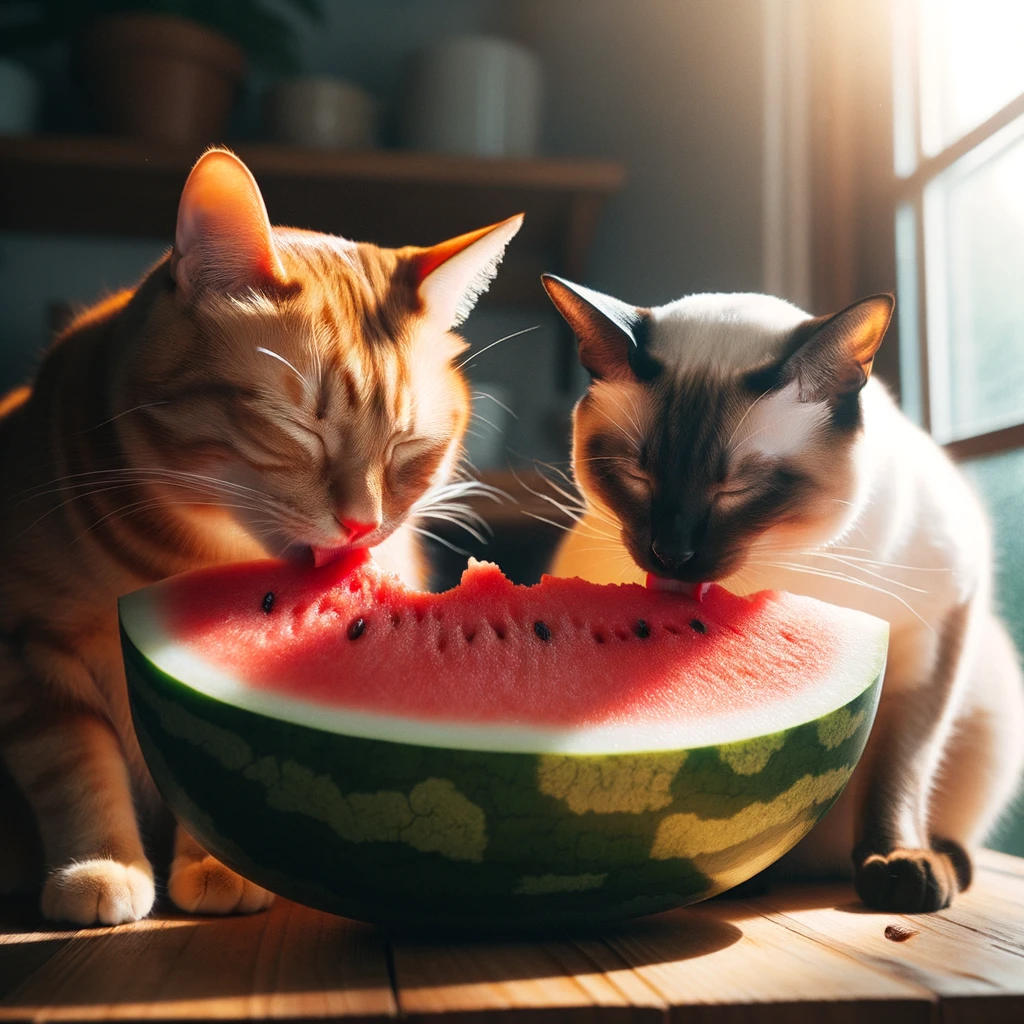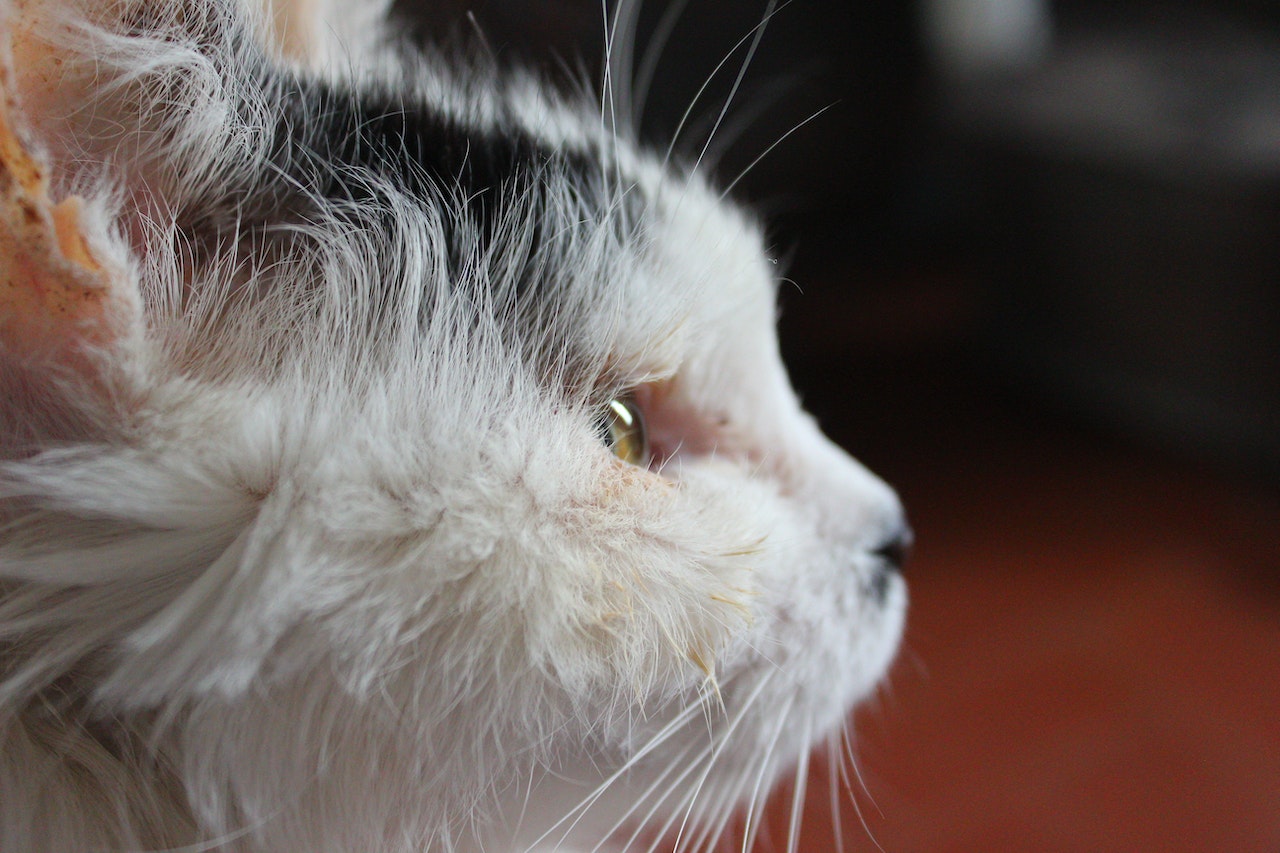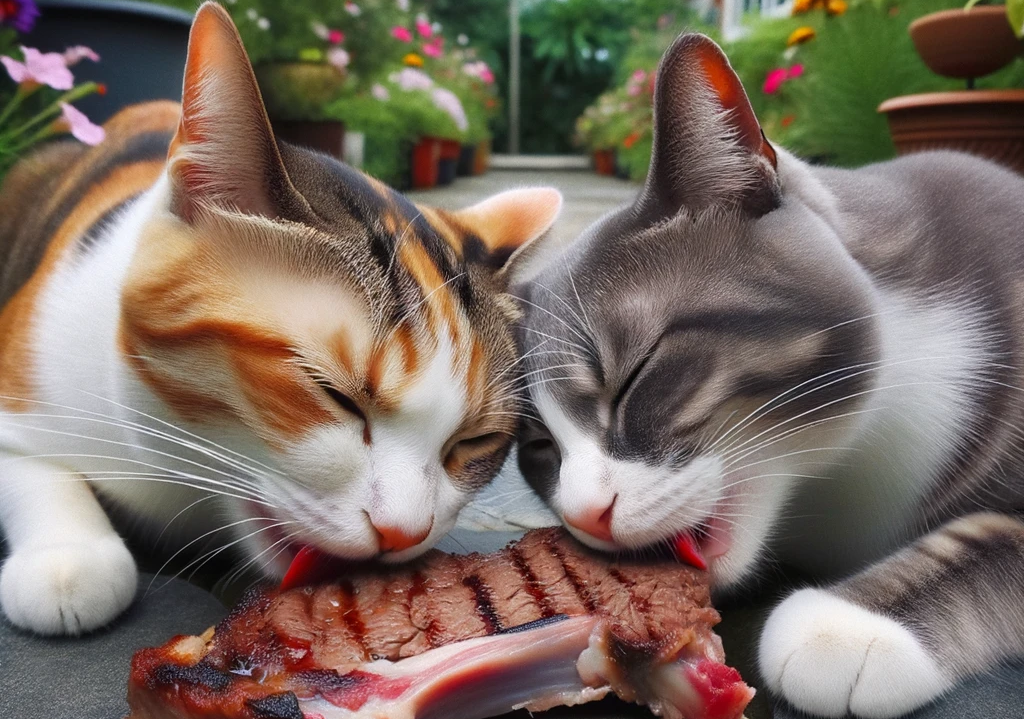
Exploring the Feline Palette: Can Cats Partake in the Sweetness of Watermelon?
adminhg
- 0
- 140
There is a common curiosity that surrounds the diets of our beloved feline companions. Among these curiosities, a question that often arises is, “Can cats eat watermelon?” This article seeks to unravel the mystery and provide solid answers to this and related queries.
Can Cats Eat Watermelon?
As surprising as it may seem, yes, cats can eat watermelon. However, it should be emphasized that moderation is key. While watermelon is not toxic to cats, its high sugar and water content should only be a treat and not a part of their regular diet. It is also crucial to remove the seeds and rind before offering this fruit to a cat, as these parts can pose a choking hazard or cause gastrointestinal issues.
Can Kittens Eat Watermelon?
Kittens, like adult cats, can consume watermelon. But remember that kittens have a more sensitive digestive system, so it’s best to introduce new foods gradually and in small amounts. It’s also important to note that while kittens can eat watermelon, their primary nutrition should come from a balanced kitten food.
Is Watermelon Good for Cats?
While watermelon isn’t typically harmful to cats, its nutritional value for them is limited. Cats are obligate carnivores, meaning they derive most of their necessary nutrients from meat. While watermelon can provide hydration and is rich in vitamins A and C, these are nutrients cats usually get from their regular diet.
Is Watermelon Safe for Cats?
Watermelon is safe for cats as long as it’s given in moderation and properly prepared. Remember to remove any seeds and the rind, as these can cause intestinal blockages. Also, some cats may have an adverse reaction to watermelon, such as diarrhea or vomiting, so always monitor your cat after introducing any new food.
What Happens if a Cat Eats Too Much Watermelon?
If a cat eats too much watermelon, it may experience gastrointestinal discomfort. Symptoms might include diarrhea, vomiting, or a decreased appetite. This is because cats’ digestive systems are not equipped to process large amounts of fruit. The high water content in watermelon might also lead to more frequent urination.
If you notice these signs after your cat eats watermelon, it’s best to stop offering the fruit and monitor your cat closely. If symptoms persist, you should consult a vet.
Why Should Cats Avoid Watermelon Seeds and Rind?
Watermelon seeds and rind are not suitable for cats for several reasons:
- Seeds: These can cause an intestinal blockage, especially in smaller or younger cats. Even if chewed, the seeds are difficult to digest.
- Rind: The watermelon’s rind is tough and can be a choking hazard. If swallowed, the rind can lead to an intestinal blockage.
For these reasons, it’s essential to thoroughly remove all seeds and rind before giving watermelon to your cat.
Why Do Cats Like Watermelon?
While not all cats enjoy watermelon, those that do are usually attracted by its water content. Cats originated from desert regions and evolved to get much of their water from their prey. As such, the high water content in watermelon might appeal to some cats.
Can Cats Eat Other Melons?
Like watermelon, other melons such as cantaloupe and honeydew are safe for cats to consume in moderation. Again, it’s essential to remove any seeds and rind to prevent potential health issues.
Fun Facts and Precautions
Watermelon is composed of 92% water, making it a hydrating treat on hot days.
While watermelon is generally safe, it’s always best to introduce new foods slowly and observe your cat for any adverse reactions.
Some cats might be attracted to watermelon, but others may show no interest at all. Each cat has unique taste preferences.
In recent news, a study conducted last year revealed an increase in pet owners sharing fruits and vegetables with their pets. While this can be a healthy practice, it’s always important to research and consult a vet before introducing new foods into your pet’s diet.
In conclusion, while watermelon can be a safe and sometimes enjoyable treat for cats, it should not replace a balanced, meat-based diet that fulfils all their nutritional needs. Always remember, when it comes to cats and watermelon, moderation and preparation are key.



